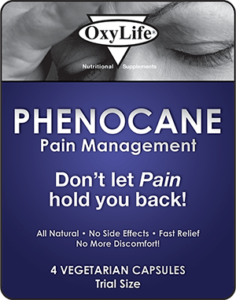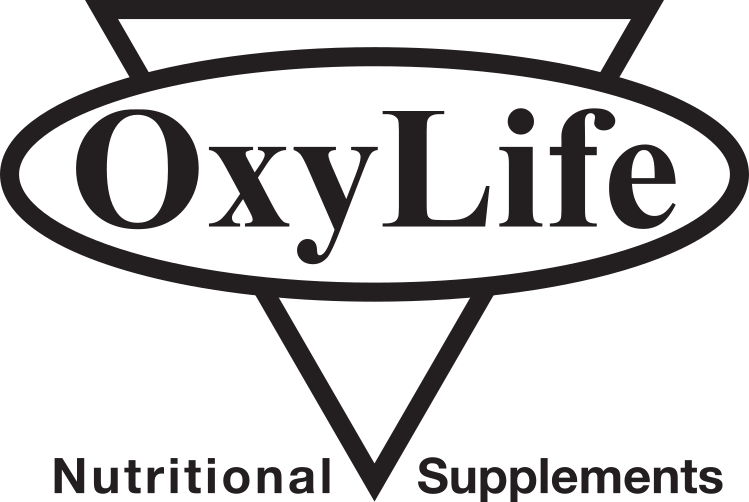
Yes, Aspirin is the ‘Wonder Drug’ — but it can also cause stomach problems, liver damage, and kidney issues. So the question is… is there a natural alternative? Phenocane is a natural COX2 inhibitor that doesn’t inhibit COX1 development like aspirin does. In layman’s terms, it prevents the production of an enzyme which is bad for you — without inhibiting the growth of one that is good for you. In fact, COX2 enzymes may contribute to cancer, and they help sustain PGE1 (Prostaglandin) — the secretion that causes inflammation and the pain that results from it. Phenocane is a safe, popular alternative to aspirin… when you need quick pain relief, but without the harmful side effects of Aspirin and other lab-generated pain relievers. And its ingredients are natural, of course… such as Curcumin, harvested from the Ginger plant, which makes up Turmeric:
According to the USDA Nutrient Database, a one-ounce serving (28g) of Turmeric provides:
- 24% of the adult Recommended Daily Allowance of Fiber
- 64% of the RDA for Iron
- 12% of the RDA for Vitamin C
Health benefits of these nutrients:
- Dietary Fiber is necessary for digestive health
- Iron is key for helping your body use oxygen
- Vitamin C is crucial to health, well-known as a natural antioxidant
Additional health benefits being studied:
- Pain relief (including chronic back pain, sciatic nerve pain, and old sports injuries): Researchers are constantly seeking powerful, safe, natural methods of pain relief, and Boswellia — a flowering tree used in Phenocane — shows promise. One study, designed to focus on asthma relief, showed Boswellia offered relief against a variety of inflammatory conditions1.
- Arthritis: Scientists continue to tackle the problem of arthritis, and numerous studies have involved Phenylalanine (an amino acid). In the lab, researchers often combine different amino acids (as well as variations on the same one) to see if the results may have analgesic benefits. In one study at Harvard, the findings showed that such an experiment may indeed lead to relief for individuals suffering from the effects of arthritis2.
- As reported in the European Journal of Herbal Medicine, Volume 3, Issue 11, 1998: “Effects of Boswellia serrata gum resin in patients with bronchial asthma: results of a double-blind, placebo-controlled, 6-week clinical study” by I. Gupta I, V. Gupta V, A. Parihar, et al (Pharmazeutisches Institut of the University of Tübingen, Germany).
- As reported in the Journal of Biological Chemistry, Volume 264, Issue 22, 1989: “Binding of D-Phenylalanine and D-Tyrosine to Carboxypeptidase A” by D.W. Christianson, S. Mangani, G. Shoham, and W.N. Lipscomb (Department of Chemistry, Harvard University, Cambridge, MA).
